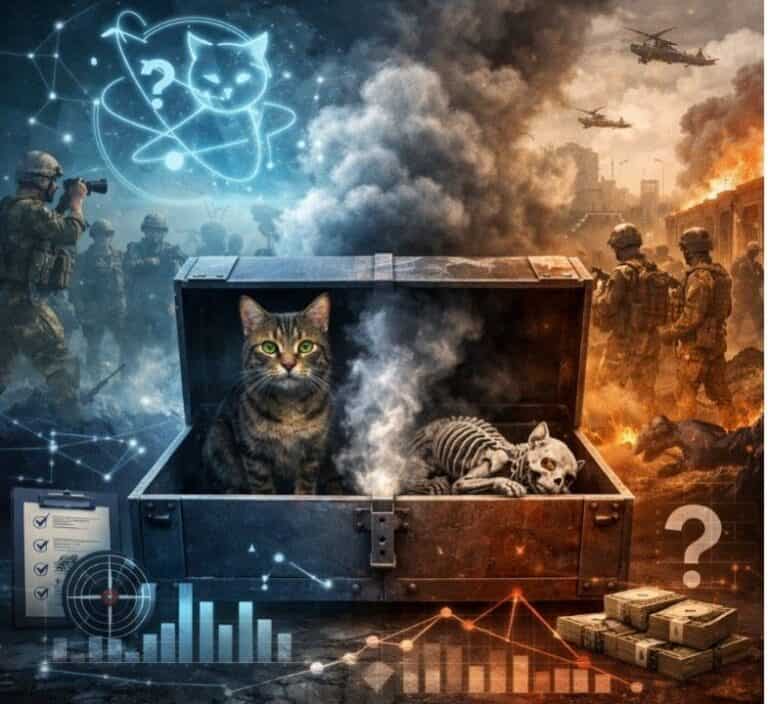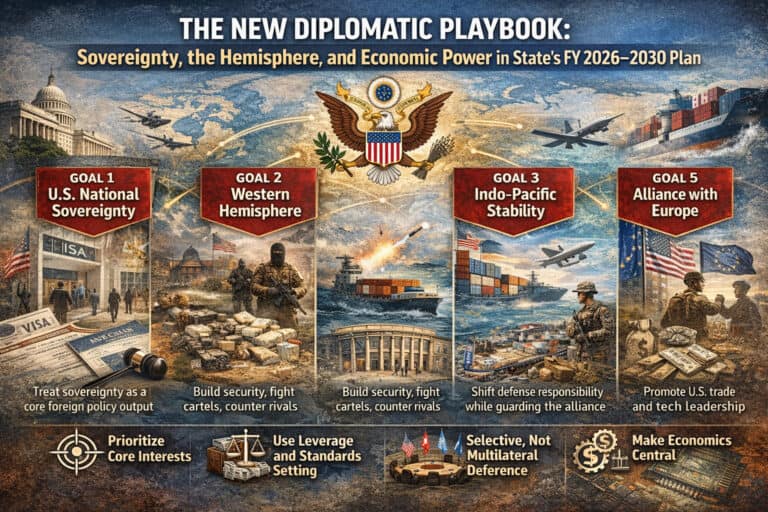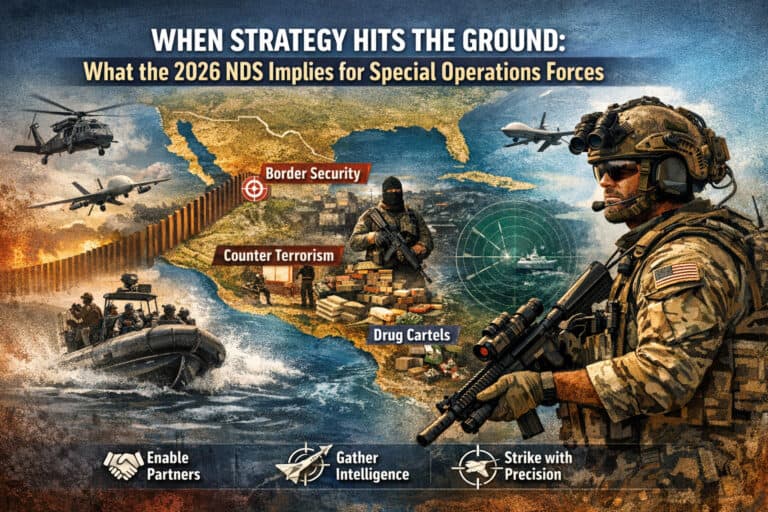Their Service. Their Sacrifice. Our Commitment.
Our Vision For The Future
Guided by an unwavering commitment to our nation’s Special Operations Forces, our vision is to cultivate a future where all Special Operations Personnel and their families thrive with steadfast support. We envision a world where our relentless dedication ensures that unmet needs are met, enabling these elite warriors to judiciously employ their unique capabilities in achieving national security objectives.
Mental Health
Special Operators often face barriers to treatment for mental health issues. Special Operations Forces Support offers discrete mental health services for Special Operators and their families.
The Special Operations Forces Support Congressional Fellowship Program is an exceptional resource for not only those who are involved in the military but also for our nation’s government.
Fellowship Program
Family Services
Special Operations Forces Support offers family support services to service members facing unexpected challenges in family life. Our confidential providers emphasize building personal and family resiliency.
Current News

In quantum mechanics, Schrödinger’s Cat is often mischaracterized as a simple problem of observation. In reality, the thought experiment illustrates something more unsettling: a system can exist in multiple states simultaneously, and the act of observation collapses that complexity into a single, misleading outcome. Security force assistance (SFA) suffers from an analogous problem. Partner forces are complex institutional systems shaped by politics, incentives, institutions, leadership, and threats. When the United States chooses metrics to observe its security partners, complexity collapses into a simplified performance snapshot that obscures more than it reveals.

What the plan is trying to do in one sentence
It reorients diplomacy around a short list of national priorities and uses visas, bilateral deals, assistance, sanctions, standards setting, and commercial diplomacy as leverage to shape partner behavior and global systems in ways that strengthen U.S. sovereignty, security, and economic power.

Strategy is not abstract for the Special Operations community. It becomes deployment tempo, operational risk, and time away from home. And while the National Defense Strategy rarely needs to name Special Operations Forces directly, it assigns missions and priorities that, in practice, lean heavily on SOF’s comparative advantages: speed, access, partner enablement, and precision.

In the rigid world of military tradition, true innovators are rare. Even rarer are leaders who respect tradition yet willingly break with convention when the mission demands it. Lieutenant General William Pelham Yarborough was one of those men—a visionary whose creativity, intellectual curiosity, and willingness to challenge orthodoxy when circumstances required, helped define the identity of the U.S. Army’s Special Forces. Remembered today as the ‘Father of the Modern Green Berets,’ Yarborough’s legacy extends far beyond a title; it lives on in the culture, symbols, and mindset of America’s most unconventional soldiers.
No results found.
Stay Up To Date
Subscribe to Our Newsletter and Stay Up to Date with the Latest Special Operations Forces Support News and Events
